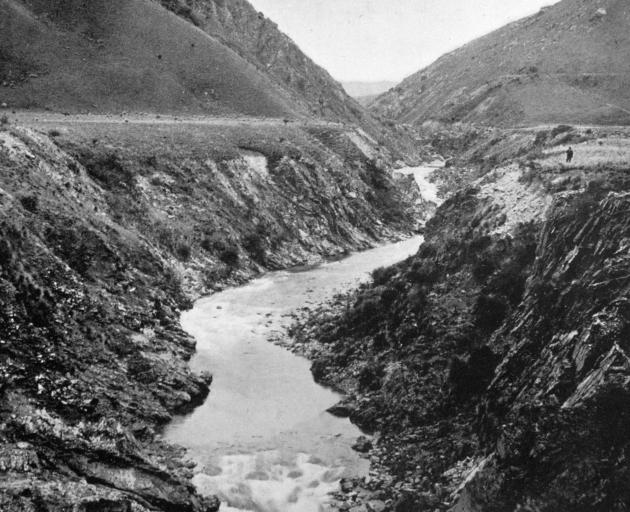
The trust imposed by the bequest was not one that the executors under the will, the Perpetual Trustees, Estate, and Agency Company, felt themselves competent to discharge satisfactorily, but there can be no question as to the qualification of the committee of citizens whom they have called to their aid to give the desired effect to the kindly thought which inspired Mrs Blakeley to make provision for the relief of those who may, through no fault of their own, be in need of help.
The committee, as will be seen, consists of men and women who are actively engaged in benevolent work in Dunedin, and whom the community honours for their unselfish labours among the humbler classes.
The terms of the bequest are somewhat unusual, there has, we think, been only one bequest of a large sum in Dunedin that is comparable to it in its scope, but they suggest one method whereby persons of ample means, may, after satisfying what they may regard as the legitimate claims upon them of those to whom they are attached by the ties of kinship and friendship, contribute after their death to the welfare and happiness of people who have been less fortunate than themselves.
Soldiers' voting rights
The position of returned soldiers in reference to a vote at the coming licensing poll is arousing some comment. This position is not difficult of definition.
Any soldier who was discharged before the closure of the roll was bound to have enrolled himself in his electoral district.
If he did not do so, whether by misunderstanding of the regulations for the poll or through some other cause, he loses his vote, and the fault is his own.
A soldier discharged before the closing of the rolls was entitled to enroll himself. If he did not do so, he himself is to blame. The regulations provide that, where a soldier returns to the district where he resided previously to enlistment, he is placed on the voting roll immediately. If, however, a soldier returns to a district different from that in which he lived before the war, a month's residential qualification will be required before he can be placed on the roll.
It is regrettable, but none the less true, that the interest of returned soldiers in the coming poll is not demonstrably acute.
A careless demeanour is noticeable throughout the ranks of the returned men. They do not appear to realise the prime importance of the referendum about to be taken.
Disinformation scotched
A Masterton soldier writes: When we marched through Cologne the people could not make out who we were. When we told them we were New Zealanders they were awfully disgusted, as they had been told that we were all wiped out long ago.
There is no doubt they are a wealthy people. I have not seen a ''shanty'' anywhere since I have been here. Some of the houses are magnificent.
- ODT, 28.3.1919.
COPIES OF PICTURE AVAILABLE FROM ODT FRONT OFFICE, LOWER STUART ST, OR WWW.OTAGOIMAGES.CO.NZ












